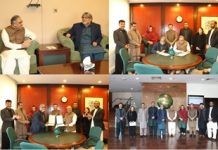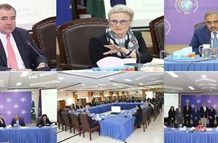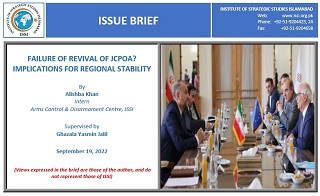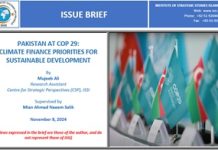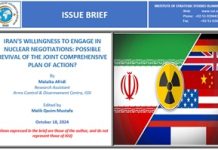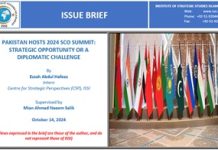After the unilateral withdrawal of the Trump administration from Iran’s nuclear deal known as the Joint Comprehensive Plan of Action (JCPOA) in 2018, the Biden administration showed a renewed interest in the revival of Iran’s nuclear deal once it came to power in 2021. The US President, Joe Biden, said in his first major foreign policy speech at the State Department that “America is back at the centre of the US foreign policy.”[1] The present government of Biden is willing to revive the diplomatic norms and that is why his administration started new diplomatic efforts to get both Tehran and Washington to fully comply with the postulates of the 2015 deal giving a beam of light for the revival of the deal.[2] However, Iran refused to meet directly with the US until the sanctions enforced by the Trump administration are lifted. Iran demanded that the US should make up for the sanctions Trump has imposed by unfreezing US$10 billion of frozen assets as a goodwill gesture. Iran also stressed lifting non-JCPOA sanctions, which is different from the nuclear deal.[3] After a long struggle, negotiation started in Vienna in January 2022 between P5+1 and Iran but ended without any success as the Supreme leader of Iran, Ali Khamenei, called it another “act of deception” on the hands of the US aimed at disarming Iran from its “elements of power.” The 11 months long negotiations brought no fruit, as Iran demanded the US to pledge that no future US president will unilaterally withdraw from the deal and the biggest hurdle was Iran’s demand about pulling out Islamic Revolutionary Guard Corps (IRGC) name from the US Foreign terrorist organisation (FTO) list.[4]
Home ISSI Publications Articles Young ISSI Professionals Corner Issue Brief on “Failure of Revival of JCPOA? Implications for Regional Stability”




